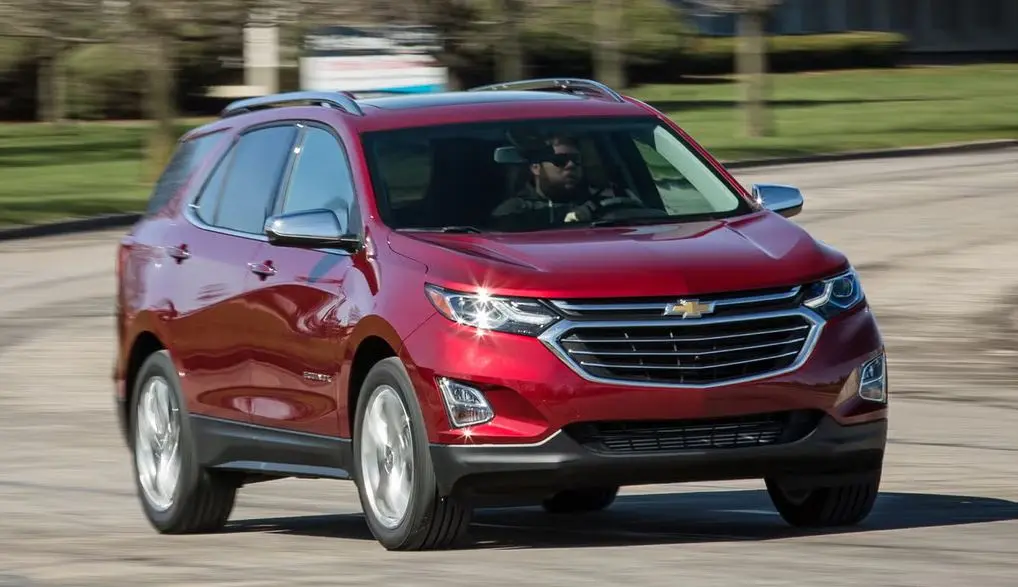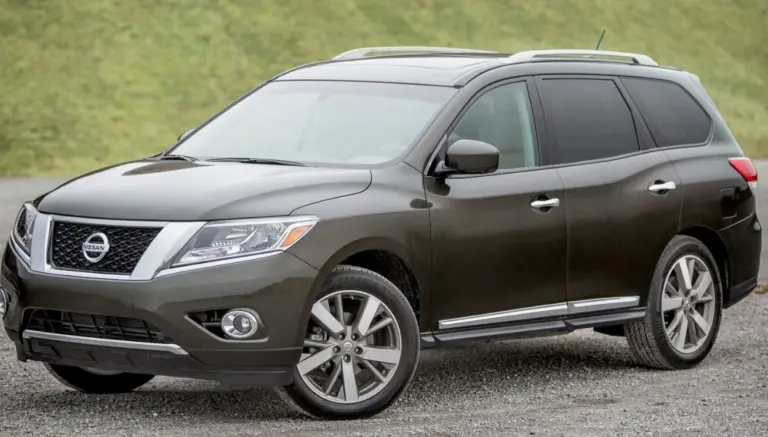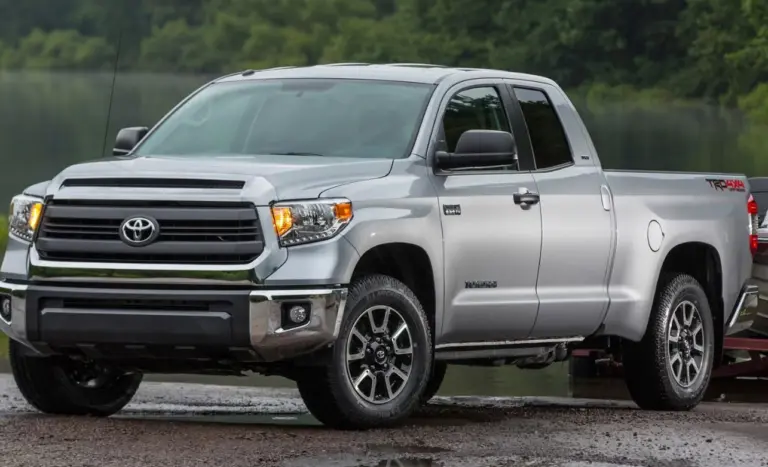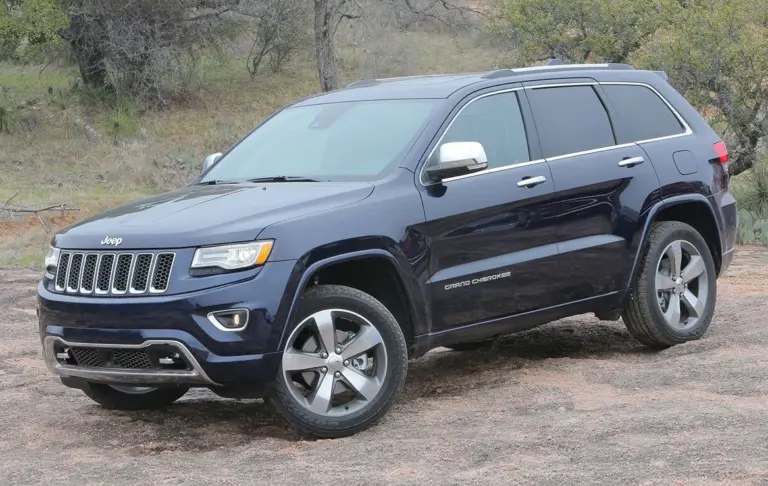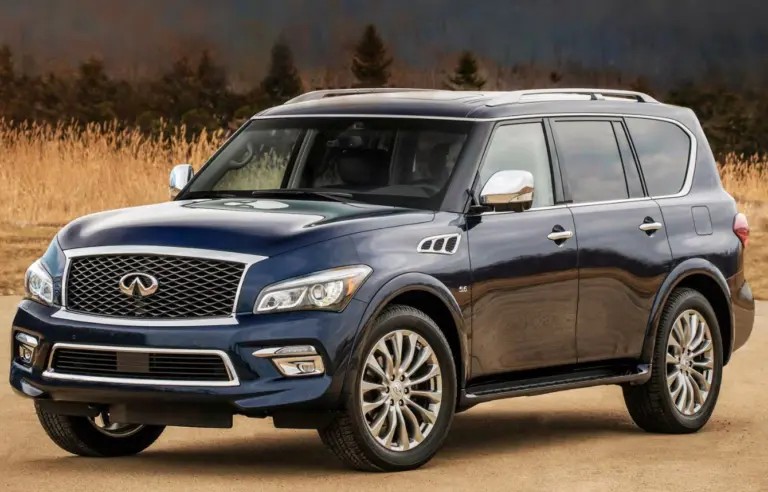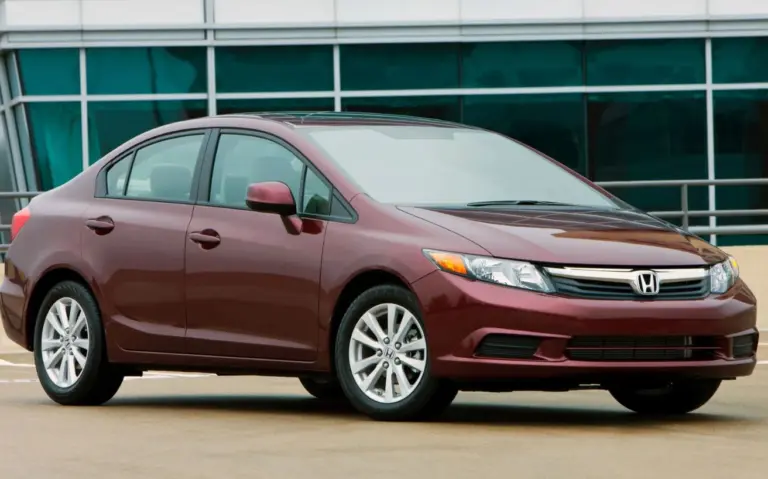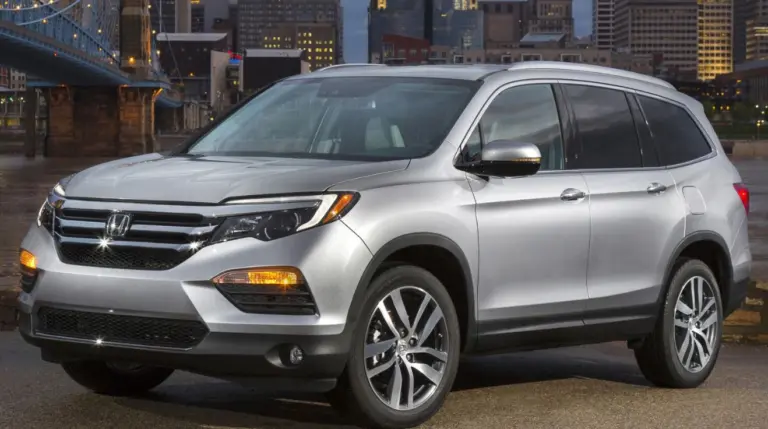Chevy Equinox Years to Avoid (Updated)
The Chevrolet Equinox has been a popular compact SUV choice for many American families since its introduction in 2005. However, not all model years have lived up to expectations.
If you’re in the market for a used Equinox, it’s crucial to know which years to steer clear of to avoid potential headaches and costly repairs. Let’s examine the Chevy Equinox years to avoid and the common issues associated with these problematic models.
Chevy Equinox Years to Avoid
Before we dive into the specifics, let’s take a quick look at the Chevy Equinox model years that have been reported to have the most issues:
| Model Year | Major Issues |
|---|---|
| 2005-2007 | Engine problems, head gasket failure, coolant leaks |
| 2010-2012 | Excessive oil consumption, engine defects, transmission failures |
| 2013-2017 (with 2.4L I4 engine) | Continued oil consumption issues, timing chain problems |
| 2018 | Engine stalling, rough idling |
2005-2007 Models: Early Troubles
The first generation of the Chevy Equinox, particularly the 2005-2007 models, experienced significant growing pains. These early years were plagued with various issues that make them some of the least reliable in the Equinox lineup.
Key problems with these model years include:
- Head gasket failures leading to engine overheating
- Coolant leaks causing engine damage
- Reliability issues with the 3.4-liter V6 engine
- Heater malfunctions, affecting both interior comfort and windshield defrosting
Owners of these models reported repair costs often exceeding $1,000, making them risky choices for budget-conscious buyers. The 2006 model year stands out as particularly problematic, with over 1,000 complaints filed with the National Highway Traffic Safety Administration (NHTSA).
2010-2012 Models: Persistent Engine Woes
The second generation of the Equinox, starting with the 2010 model year, brought new designs but also new problems. The 2010-2012 models are notorious for their engine-related issues, making them years to avoid when shopping for a used Equinox.
Major concerns for these model years include:
- Excessive oil consumption, leading to potential engine failure
- Engine defects requiring costly repairs or replacements
- Transmission failures, sometimes occurring before 50,000 miles
- Timing chain problems in models with the 3.0L V6 engine
The 2010 model year alone received over 1,000 NHTSA complaints, with 319 specifically related to engine problems. Repairs for these issues could cost owners upwards of $3,000 to $4,000, making these models particularly expensive to maintain.
2013-2017 Models (with 2.4L I4 engine): Ongoing Concerns
While Chevrolet made efforts to address earlier issues, the 2013-2017 Equinox models equipped with the 2.4L four-cylinder engine continued to experience problems. These model years should be approached with caution, especially if they feature this particular engine.
Issues to be aware of include:
- Persistent excessive oil consumption
- Timing chain problems leading to engine damage
- Infotainment system reliability issues
- Power seat adjuster malfunctions
The oil consumption problem remained a significant concern, potentially leading to engine damage if not addressed promptly. While the V6 engine options during these years were generally more reliable, the prevalent 2.4L I4 engine makes these model years ones to avoid.
2018 Model: New Design, Lingering Problems
The 2018 model year marked the beginning of the third generation Equinox. While it came with improvements and a redesign, it wasn’t without its issues. This model year is worth mentioning due to reported problems that carried over or emerged with the new design.
Concerns with the 2018 Equinox include:
- Engine stalling issues
- Reports of rough idling
- Some transmission-related complaints
While not as problematic as earlier years, the 2018 model’s issues make it a year to approach with caution, especially for buyers looking for the most reliable options.
Common Problems Across these Model Years
When examining the Chevy Equinox years to avoid, several common problems emerge across multiple model years. Understanding these issues can help potential buyers make informed decisions and current owners anticipate potential maintenance needs.
Excessive Oil Consumption
One of the most persistent and concerning issues across multiple Equinox generations is excessive oil consumption. This problem is particularly prevalent in models equipped with the 2.4L four-cylinder engine. Symptoms include:
- Rapid depletion of engine oil between regular service intervals
- Engine warning lights, particularly the oil pressure light
- Increased engine noise or knocking sounds
- Potential engine stalling or failure if left unaddressed
The oil consumption issue can lead to significant engine damage if not monitored and addressed promptly, potentially resulting in costly repairs or even engine replacement.
Transmission Problems
Several model years, particularly in the second generation, experienced transmission-related issues. Common transmission problems include:
- Difficulty shifting gears or sudden gear changes
- Transmission fluid leaks
- Complete transmission failure, sometimes at relatively low mileage
- Jerking or shuddering during acceleration
These transmission issues can significantly impact the vehicle’s reliability and safety, often requiring expensive repairs or replacements.
Engine Stalling and Performance Issues
Engine stalling and performance problems have been reported across various model years, particularly in the 2010-2012 and 2018 models. These issues manifest as:
- Unexpected engine shutoffs while driving
- Rough idling or hesitation during acceleration
- Loss of power while driving
- Check engine light illumination
These problems not only affect the vehicle’s performance but also pose potential safety risks, especially if stalling occurs in traffic or at high speeds.
Cooling System and Heater Malfunctions
Early model years, particularly from 2005-2007, experienced significant issues with the cooling system and heater. Problems in this area include:
- Coolant leaks leading to engine overheating
- Heater core failures affecting interior climate control
- Defrosting issues impacting visibility and safety
- Head gasket failures resulting in coolant-oil mixing
These issues not only affect comfort but can also lead to more serious engine problems if not addressed promptly.
Frequently Asked Questions (F.A.Q)
Q1. Which Chevy Equinox model years are the most reliable?
While several Equinox model years have had issues, some stand out for their reliability. The 2009 model from the first generation is considered one of the most reliable. In the third generation, models from 2019 onwards have shown improvements in reliability. Always research specific model years and consider professional inspections before purchasing.
Q2. How often should I check the oil in my Chevy Equinox?
Given the oil consumption issues in some models, it’s advisable to check your Equinox’s oil level every 1,000 miles or before long trips. This is especially important for models known for excessive oil consumption, such as those with the 2.4L engine from 2010-2017.
Q3. Are there any recalls for the Chevy Equinox?
Yes, various Equinox model years have been subject to recalls. These include issues with fuel pumps, airbags, and electrical systems. It’s important to check if any open recalls apply to a specific vehicle by using its VIN on the NHTSA website or contacting a Chevrolet dealer.
Q4. How long do Chevy Equinox engines typically last?
With proper maintenance, a Chevy Equinox engine can last between 150,000 to 200,000 miles. However, this can vary significantly based on the specific model year, maintenance history, and whether it’s affected by known issues like excessive oil consumption.
Q5. Is the Chevy Equinox a good used car to buy?
The Chevy Equinox can be a good used car option, but it depends heavily on the specific model year and its condition. Avoid the problematic years mentioned earlier and focus on more reliable model years. Always get a thorough inspection and vehicle history report before purchasing any used vehicle.
Wrapping Up
When considering a Chevy Equinox, it’s crucial to be aware of the model years that have shown consistent problems. The 2005-2007, 2010-2012, and 2013-2017 (with the 2.4L engine) are generally the Chevy Equinox years to avoid. These models have demonstrated issues with excessive oil consumption, engine problems, and transmission failures.

